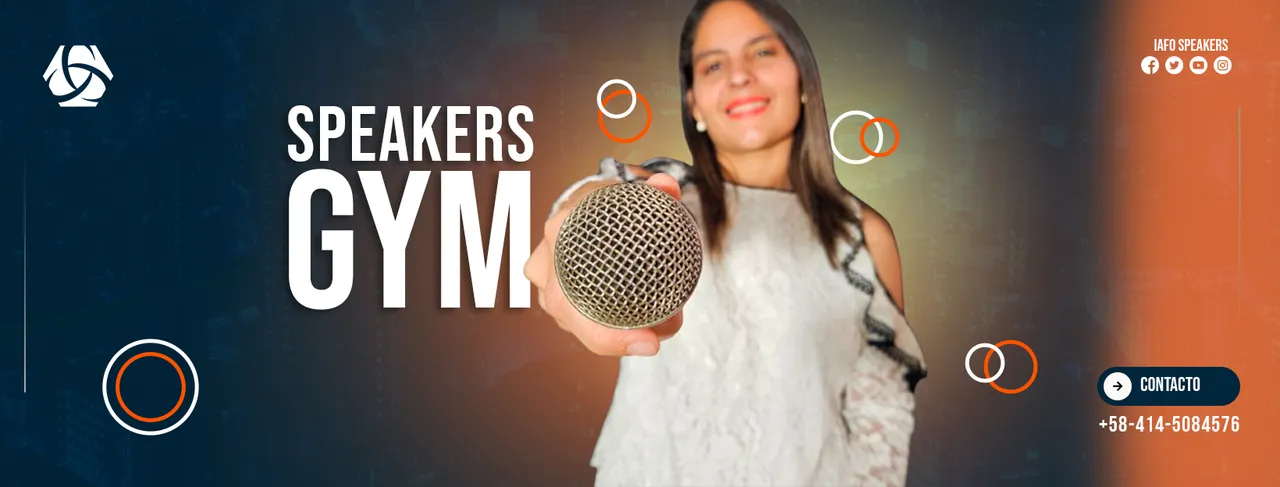El ser humano posee unas cualidades particulares, es decir, un conjunto de características o rasgos que la definen y que de alguna manera la distinguen de los individuos que la rodean. Nos dice la página web Significados
Cualidades son todas aquellas propiedades y atributos que definen la esencia y la identidad de algo o alguien; se utilizan para evaluar, describir o distinguir a una entidad.
En la oratoria, dichas cualidades se hacen necesarias para que nuestro arte se complemente positivamente, es por ello que las dividimos en dos grandes grupos:
- Innatas o naturales
- Aprendidas o adquiridas
Las innatas son las que podemos por haber nacido con ellas y que, por tanto, no podemos cambiar del todo, pero si podríamos educarlas y/o resaltarlas.
La palabra innata es un término que se emplea cuando se quiere dar cuenta que tal cualidad, actividad, actitud o comportamiento que ostenta alguien, ha nacido con él y que entonces no lo ha adquirido ni por educación ni como consecuencia de la experiencia.
Dentro de estas cualidades están:
a.La Voz: Instrumento fundamental del orador, que puede ser grave, aguda e intermedia, etc.
b.La sensibilidad: sin la cual no podríamos transmitir el mensaje que deseamos, porque en ella radica el sentimiento de lo que decimos.
c.La Inteligencia: sin la que sería imposible hilar y coordinar nuestros pensamientos o ideas.
d.La Razón: que no es otra cosa que la virtud de aplicar la lógica y el sentido común durante cualquier comunicación con otro ser humano.
Las cualidades aprendidas :
Conforman el grupo de habilidades a las que todas las personas pueden llegar a tener acceso mediante un proceso de aprendizaje.
a.Los conocimientos o “back-ground” (bagaje de información) que adquirimos en el aprendizaje formal.
b.Los ademanes: son los gestos o actitudes que nos ayudan a expresar con movimientos del cuerpo lo que tratamos de decir con la voz.
c.La forma: que son técnicas descritas para la oratoria con la que podemos adquirir cientos de estilos diferentes para decir las mismas cosas.
En consecuencia, el orador en parte nace, pero la mayor parte se hace, se educa y se construye, pero todo aquel que se interese en ser un buen orador debe auto-evaluarse constantemente a si mismo en las características innatas que posee, revisar las que necesita adquirir y de esta forma trabajarse de la mejor manera posible.
Necessary qualities in public speaking
The human being possesses particular qualities, that is, a set of characteristics or traits that define him/her and that in some way distinguish him/her from the individuals around him/her. The web page Meanings tells us that
Qualities are all those properties and attributes that define the essence and identity of something or someone; they are used to evaluate, describe or distinguish an entity.
In public speaking, these qualities are necessary for our art to be positively complemented, that is why we divide them into two main groups:
- Innate or natural
- Learned or acquired
The innate ones are those that we can because we were born with them and, therefore, we cannot change them completely, but we could educate them and/or highlight them.
The word innate is a term used when we want to say that such quality, activity, attitude or behavior that someone has, was born with him and therefore he has not acquired it neither by education nor as a consequence of experience.
Among these qualities are:
a.The Voice: Fundamental instrument of the speaker, which can be deep, sharp and intermediate, etc.
b.Sensitivity: without which we could not transmit the message we want, because in it lies the feeling of what we say.
c.Intelligence: without which it would be impossible to spin and coordinate our thoughts or ideas.
d.Reason: which is nothing more than the virtue of applying logic and common sense during any communication with another human being.
The qualities learned:
They make up the group of skills to which all people can have access through a learning process.
a.The knowledge or "back-ground" (baggage of information) that we acquire in formal learning.
b.The gestures: these are the gestures or attitudes that help us to express with body movements what we are trying to say with our voice.
c.The form: which are techniques described for public speaking with which we can acquire hundreds of different styles to say the same things.
Consequently, the speaker is partly born, but most of it is made, educated and built, but anyone who is interested in being a good speaker must constantly self-evaluate himself in the innate characteristics he possesses, review the ones he needs to acquire and thus work in the best possible way.

CRÉDITOS
Traductor Deepl